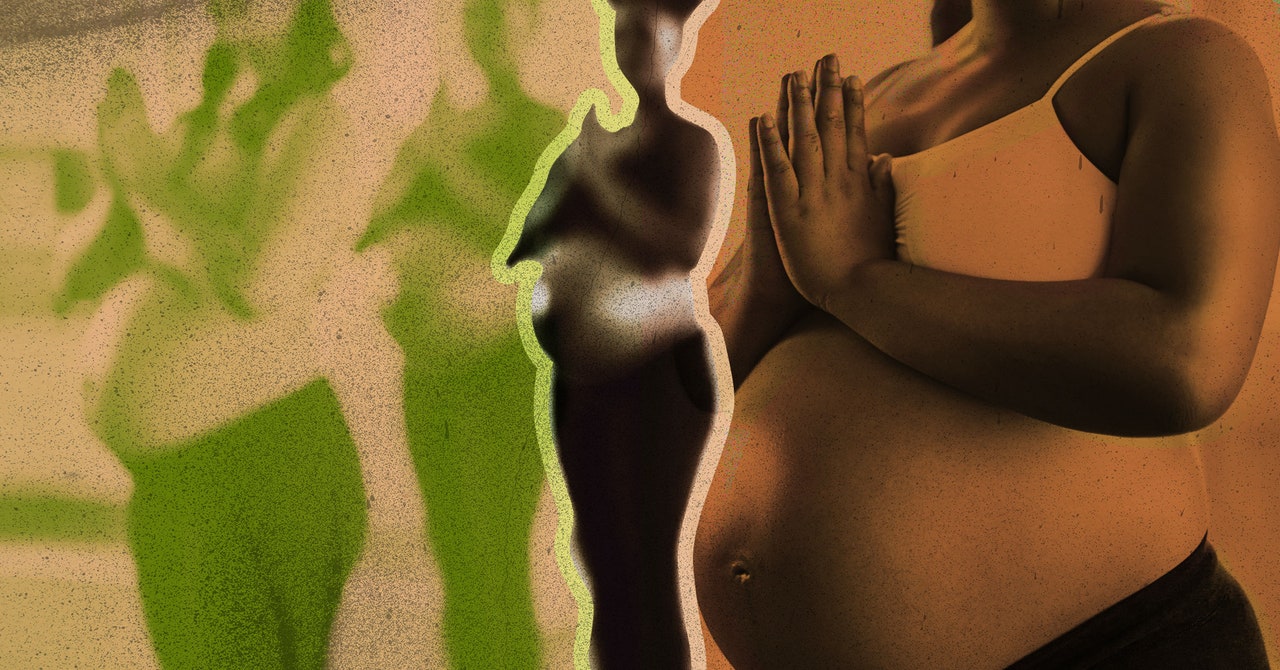In 2024 the maternal mortality ratio (MMR) in the United States and the United Kingdom will rise, even though post-mortem reviews conclude that 80 percent of maternal deaths in high-income countries are preventable. Rates in high-income countries in Western Europe and Asia fell between 1990 and 2010, but in some of these countries, such as the United Kingdom, MMRs have risen over the past decade. The US MMR has been at an all-time high, nearly doubling in the first decades of the 21st century.
Reasons supporting the prediction that MMRs will rise include the ongoing effects of the Covid-19 pandemic. However, the rise in MMR in the US and UK predates Covid, suggesting the pandemic has exacerbated deeper problems.
Neglect and systemic bias in medical care systems is one of them. In the US, critical challenges for improvement include the lack of universal health insurance and an increasingly competitive health care system: The US is hemorrhaging maternity care providers to such an extent that 36 percent of US counties, mostly rural, have none. In the UK, healthcare is theoretically accessible to all, but the NHS has suffered underinvestment in its facilities and equipment. Half of NHS maternity wards are now considered substandard; the shortage of midwives has reached crisis proportions. Obstetrician-gynecologists and midwives in both countries are suffering from burnout and are choosing to strike, practice abroad, retire or change professions.
Racial and class inequality is entrenched. The highest MMRs and largest increases are in minorities, the working class, or the deprived. As devastating as inadequate health care systems are for these groups, the main causes of their health inequities are the adverse living conditions, including stigma and discrimination, they face. Robust scientific evidence that the multiple systemic assaults they must contend with in their daily lives—material hardship, environmental toxicity, crumbling municipal infrastructure, and structurally entrenched psychosocial stressors—chronically activate their human physiological stress response.
Combined, the stressors and the persistent coping they involve cumulatively damage health at the cellular level, effectively accelerating biological aging. Such erosion, called “weathering,” leaves the marginalized, vilified, or exploited suffering from a host of infectious and chronic diseases, functional limitations, and even death long before they are chronologically old. In the most severely weathered populations, the increasing trend toward older childbearing increases the risk of adverse maternal and infant outcomes. Maternal mortality is a barometer of the contribution of weathering to excess mortality, as the physical stress of pregnancy is more difficult for an exhausted body to withstand, while other manifestations of weathering often become life-threatening only after reproductive age.
In 2024 atmospheric influences will continue to be fueled by racism, classism, xenophobia, political polarization, resentment, white nationalism, and budget constraints. Brexit, one result of this discontent, is now exacerbating UK labor shortages, supply chain bottlenecks, inflation and reduced gross domestic product. Neither the US nor Western Europe is fully accepting of its minority or immigrant populations.
In 2024 this problem will intensify as wars and climate change increase the flow of immigrants of color. Despite the facts, the UK Equality Secretary’s official position is dismissive of systemic racism as a cause of health inequality. The 2021 report of the Commission on Racial and Ethnic Differences in the United Kingdom turns to an unwarranted victim-blaming shibboleth by inferring that inequality stems from the failure of minority populations to exercise agency and take advantage of the apparently abundant opportunities for health promotion. In the politically polarized US, active and influential populist movements seek to whitewash American history.
In 2024 countermovements to take racial and class history seriously will continue to encounter strong undercurrents of political scapegoating and zero-sum thinking on both sides, increasing the severity and scope of the atmospherics.




